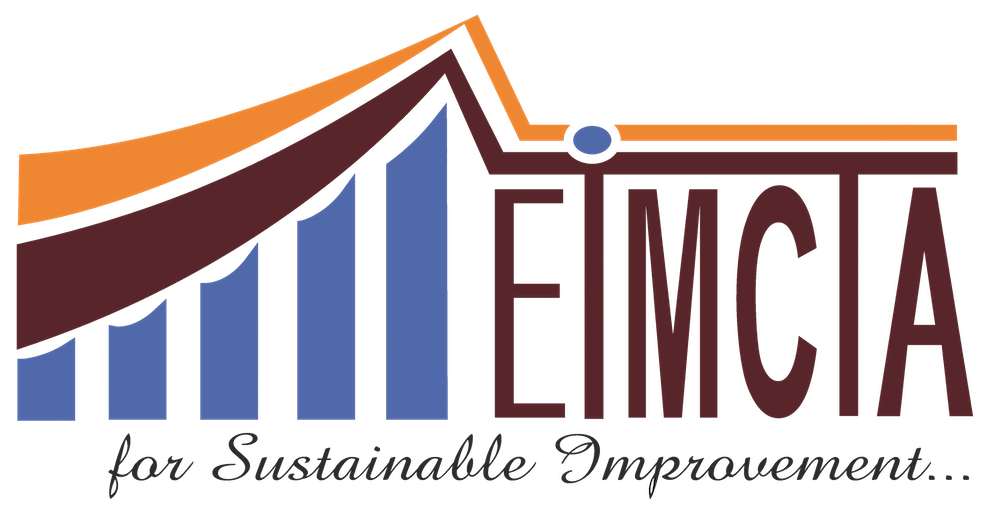Food Safety Inspector training equips individuals with the knowledge and skills necessary to effectively inspect food establishments, enforce food safety regulations, and ensure compliance with food safety standards. Here an outline of what such training might cover:
Introduction to Food Safety: Participants are introduced to the importance of food safety and its significance in protecting public health. They learn about the potential risks associated with foodborne illnesses and the role of food safety inspectors in preventing them.
Food Safety Regulations and Standards: Training covers relevant food safety regulations, standards, and guidelines, including:
· National and local food safety laws and regulations.
· International standards such as Codex Alimentarius and ISO 22000.
· Good Manufacturing Practices (GMP) and Hazard Analysis and Critical Control Points (HACCP) principles.
Roles and Responsibilities of Food Safety Inspectors: Participants learn about the roles and responsibilities of food safety inspectors, including:
· Conducting routine inspections of food establishments.
· Investigating complaints and foodborne illness outbreaks.
· Enforcing food safety regulations and standards.
· Providing education and guidance to food handlers and operators.
Foodborne Pathogens and Contamination: Training covers common foodborne pathogens, sources of contamination, and factors contributing to foodborne illness, including:
· Bacteria (e.g., Salmonella, Escherichia coli).
· Viruses (e.g., norovirus, hepatitis A).
· Parasites (e.g., Cryptosporidium, Trichinella).
· Chemical contaminants (e.g., pesticides, heavy metals).
Food Establishment Inspections: Participants learn how to conduct thorough inspections of food establishments, including:
· Preparing for inspections (e.g., reviewing previous inspection reports, gathering necessary equipment).
· Conducting on-site inspections of facilities, equipment, and processes.
· Assessing food handling practices, hygiene standards, and sanitation procedures.
· Identifying and documenting violations of food safety regulations.
Sampling and Testing: Training covers techniques for collecting food samples for testing and analysis, including:
· Selecting appropriate sampling locations and methods.
· Handling and transporting samples safely to the laboratory.
· Interpreting test results and assessing compliance with food safety standards.
Risk Assessment and Hazard Analysis: Participants learn how to assess food safety risks and conduct hazard analyses in food establishments, including:
· Identifying potential hazards (biological, chemical, physical) in food production, processing, and handling.
· Evaluating risk factors and determining control measures.
· Implementing preventive measures to minimize the risk of foodborne illness.
Communication and Enforcement: Training emphasizes effective communication and enforcement strategies for ensuring compliance with food safety regulations, including:
· Communicating inspection findings and violations to food establishment operators.
· Issuing warnings, citations, or penalties for non-compliance.
· Providing guidance and education on corrective actions and preventive measures.
Documentation and Reporting: Participants learn how to document inspection findings, violations, and enforcement actions accurately and comprehensively, including:
· Completing inspection reports and documentation forms.
· Maintaining accurate records of inspection activities and outcomes.
· Providing clear and concise reports for regulatory agencies and stakeholders.
Professional Development and Continuing Education: The training program may include recommendations for ongoing professional development and continuing education opportunities for food safety inspectors to stay updated on emerging trends, technologies, and best practices in the field.
